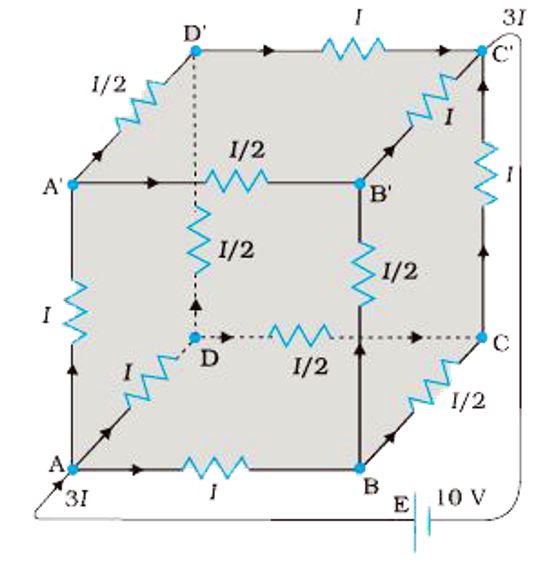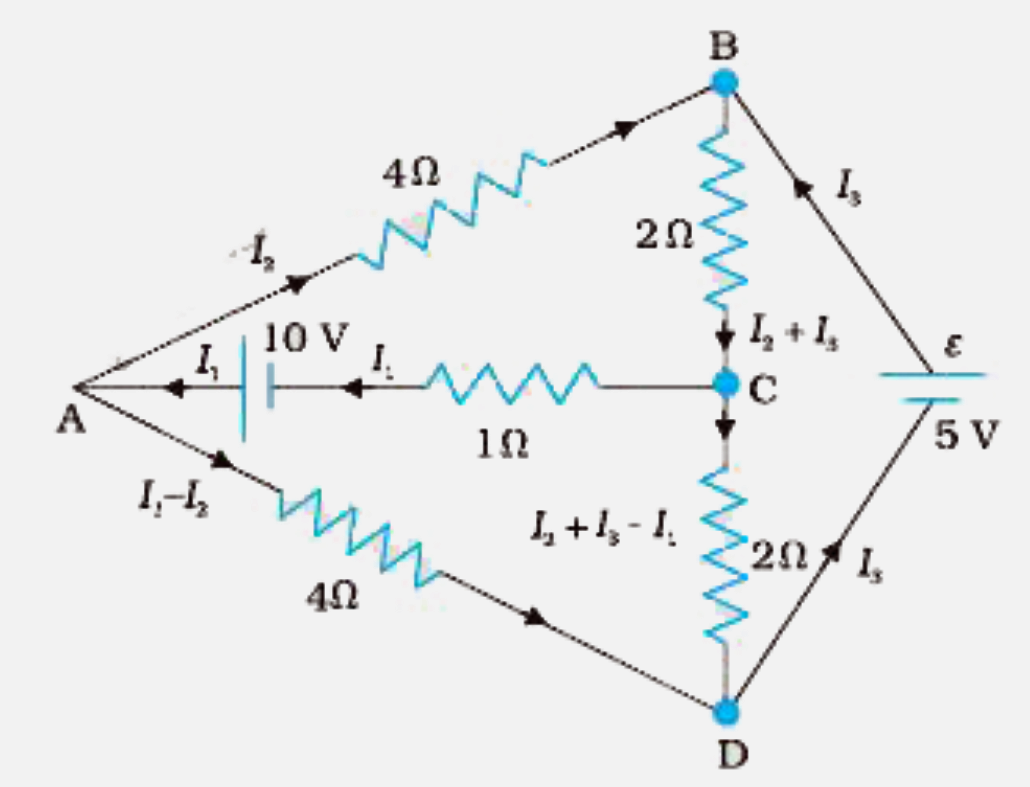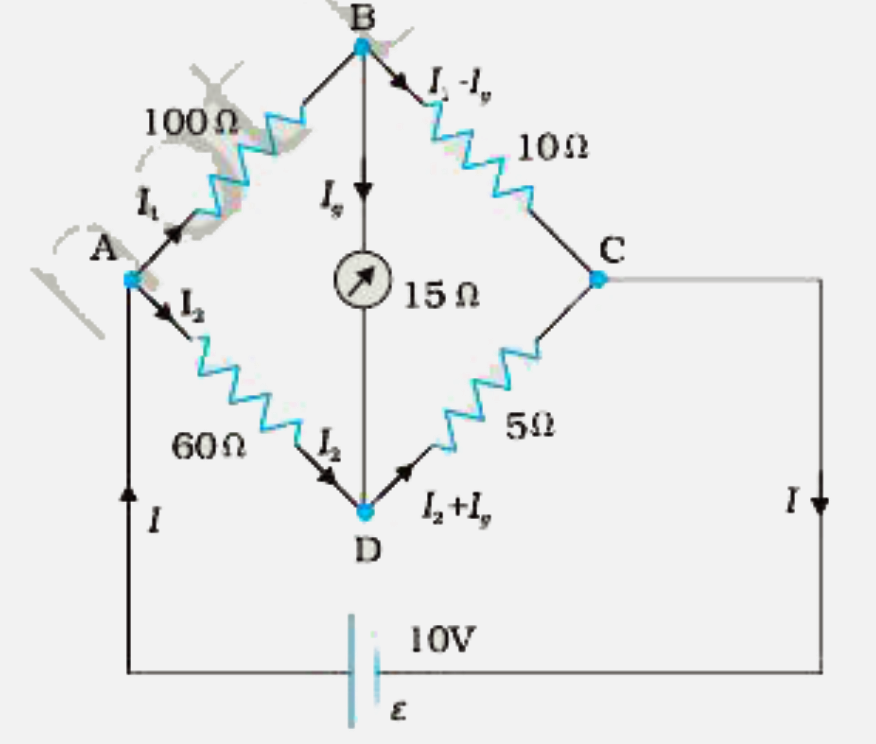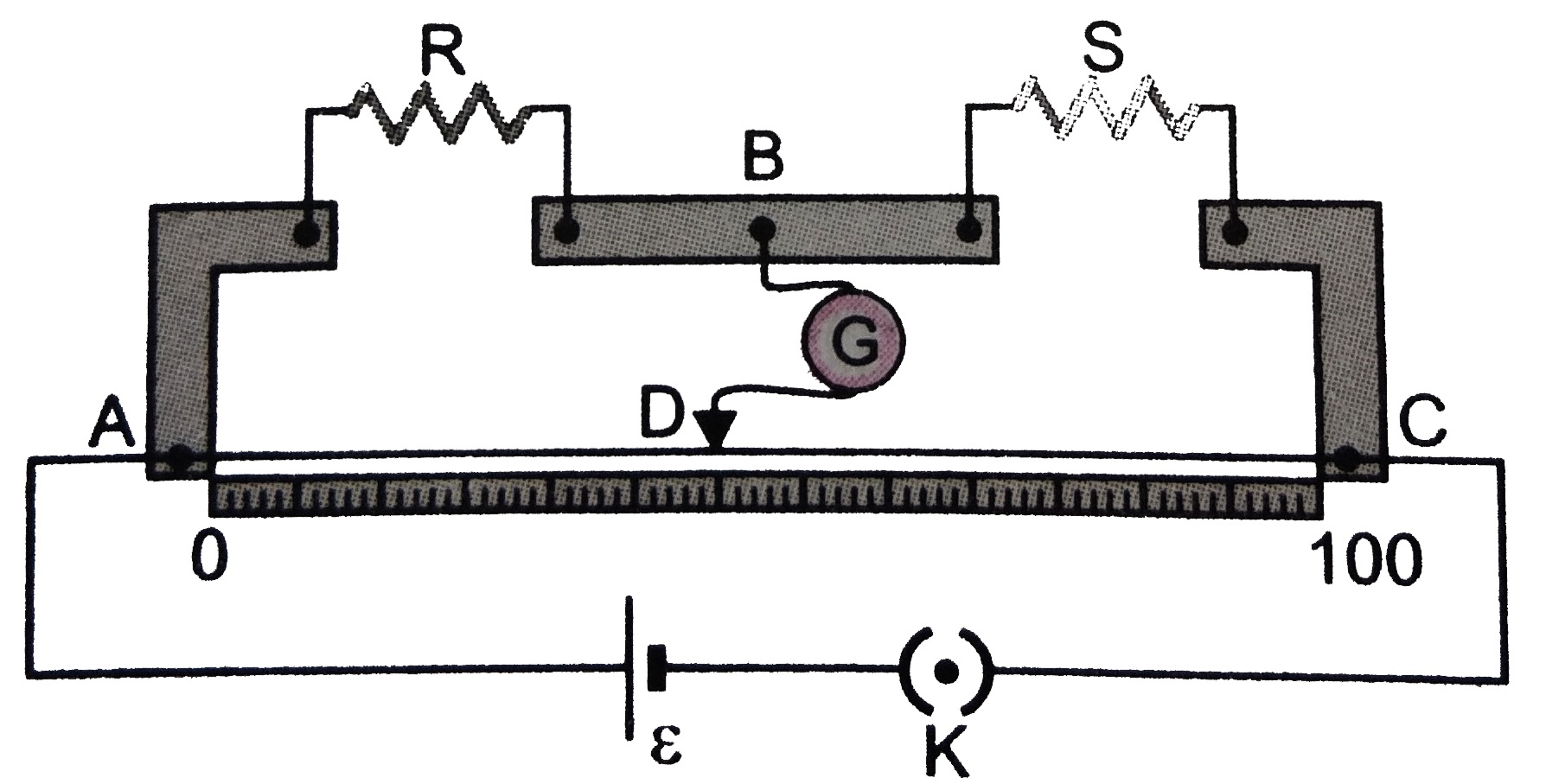Complete Solutions to EXAMPLE of chapter CURRENT ELECTRICITY of Class 12 book with complete answers and questions
| Class 12 | PHYSICS |
| Chapter | CURRENT ELECTRICITY |
| NCERT TAMIL | EXAMPLE |
| Number Of Questions | 10 |
| Academic Year | 2023-24 |
(a) Esttimate the average drift speed of conduction electrons in a copper wite of cross-secttonal area `1.0 xx 10 ^(-7)m^(2)` carrying a current of `1.5A.` Assume the each copper atom contrbutes roughly one conduction electron. The density of copper is `9.0 xx 10 ^(3)kg//m^(3),` and its atomic mass is `63.5 u.` (b) Compare the drift speed obyained above with, (1) thermal speeds of copper atoms at ordinary temperaturtes. (ii) speed of propagation of electric field along the conductor which causes the drift motion.
View Solution(a) The electron drift speed is estimated to be only a few mm `s^(-1)` for currents in the range of a few amperes? How then is current established almost the instant a circuit is closed?
(b) The electron drift arises due to the force experienced by electrons in the electric field inside the conductor. But force should cause acceleration. Why then do the electrons acquire a steady average drift speed?
(c) If the electron drift speed is so small, and the electron’s charge is small, how can we still obtain large amounts of current in a conductor?
(d) When electrons drift in a metal from lower to higher potential, does it mean that all the ‘free’ electrons of the metal are moving in the same direction?
(e) Are the paths of electrons straight lines between successive collisions (with the positive ions of the metal) in the (i) absence of electric field, (ii) presence of electric field?
View SolutionAn electric toaster uses nichrome for its heating element. When a negligibly small current passes through it. It resistance at room temperature `(27.0^@C)` is found to be `75.3Omega`. When the toaster is connected to a `230 V` supply, the current settles, after a few seconds, to a steady value of `2.68 A`. What is steady temperature of the nichrome element? The temperature coefficient of resistance of nichrome averaged over the temperature range involved , `1.70xx10^-4C^-1`
View SolutionThe resistance of the platinum wire of a platinum resistance thermometer at the ice point is `5 Omega` and at steam point is `5.39 Omega`. When the thermometer is inserted in a hot bath, the resistance of the platinum wire is `5.795 Omega`. Calculate the temperature of the bath.
View SolutionA network of resistore is connected to a 16 V battery with internal resistance of `1Omega,` as shown in (a) Compute the equivalent resistance of the network. (b) Obtain the current in network. (c ) obtain the voltage drops `V _(AB), V _(BC) and V _(CD)`

View SolutionA bettery of 10 V and negligible internal resistance is connected across the diagonally opposite corners of a cubical network consisting of 12 resistors each of resistance `1Omega` Determine the equivalent resistance of the network and the current along each edge of the cube.

View SolutionDetermine the current in each brance of the network showin in

View SolutionThe four arms as a Wheatstone bridge have the following resistances:
`AB =100Omega, BC =10 Omega, CD=5Omega and DA=60Omega`

A galvanometer of `15Omega` resistacne is connected across BD. Calculate the current through the galvanometer when a potential difference of 10 V is maintained across AC.
View SolutionIn a meter bridge,

the null points is found at a distance of 33.7 cm from A. If now a resistance of `12 Omega` is connected in parallel with S, the null point occurs at 51.9 cm. Determine the values of R and S.
View SolutionA resistance of `R` draws current from a potentiometer. The potentiometer has a total resistance `R _(0)`. A voltage V is supplied to the potentiometer. Derive an expression for the voltage across R when the sliding contact is in the middle of the potenttometer.

View Solution
EXAMPLE questions and complete solutions for chapter CURRENT ELECTRICITY of FULL MARKS PHYSICS(TAMIL) of Class 12